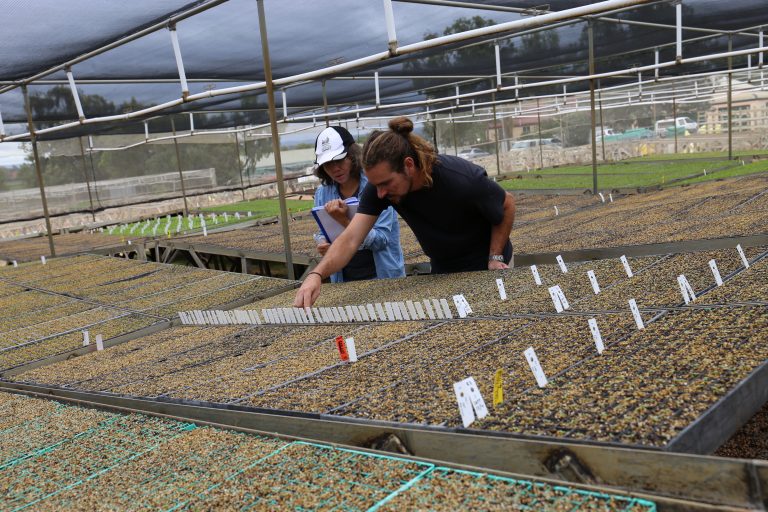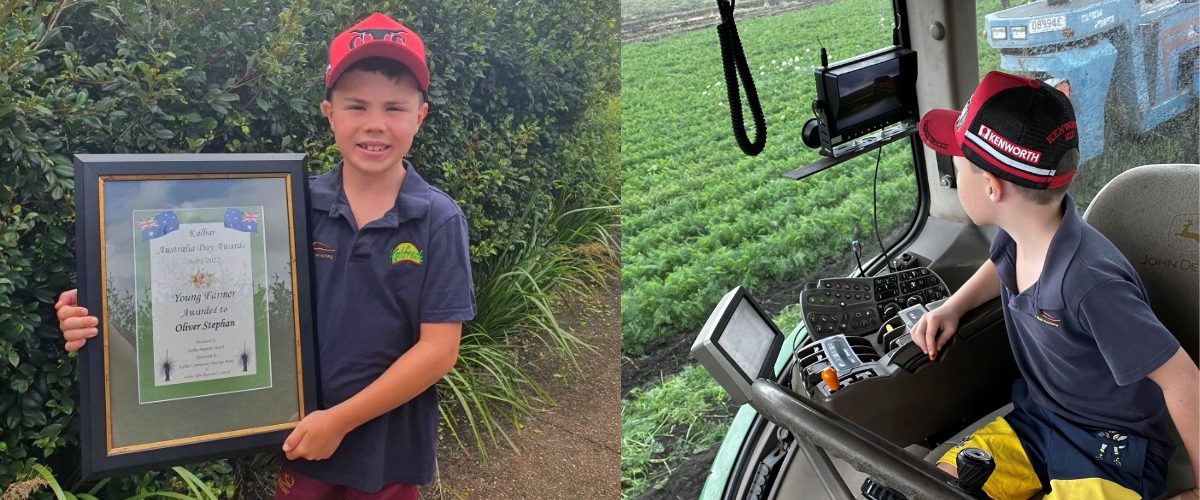
New release: Vegenotes 83 available online
25 January 2022
Generation next: Young farmer recognised at Kalbar awards
1 February 2022Carbon farming in Australia is constantly changing. Generally, it refers to a deliberate set of agricultural practices or land uses to increase carbon stored in the soil and vegetation (sequestration), and reduce greenhouse gas emissions from livestock, soil or vegetation (avoidance).
The good news is that vegetable growers can build on their existing production processes, particularly around improving soil health, to make the transition to carbon farming. Growers should consider the management of carbon in their growing operations not only to reduce greenhouse gas emissions, but to increase productivity through sustainable soil management practices.
To kick off 2022, the Soil Wealth ICP team has developed The Carbon Series to break down the practicalities of carbon farming for vegetable growers and the benefits of soil carbon management. It provides links to further information and project resources on the following topics:
• Part 1: Carbon farming and its relevance to Australian vegetable growers
• Part 2: Soil carbon and carbon sequestration
• Part 3: Carbon emissions in vegetable production
• Part 4: Carbon accounting and the Emissions Reduction Fund.
You can also tune into a podcast where the team speaks to Mulgowie Farming Company and Carbon Friendly about their journey to develop carbon neutral sweet corn in Queensland:
To wrap up the series you can watch the webinar recording on carbon management on vegetable farms – emissions, sequestration and beyond:
This resource has been produced by the Hort Innovation-funded Soil Wealth and ICP project – jointly delivered by RM Consulting Group and Applied Horticultural Research.

